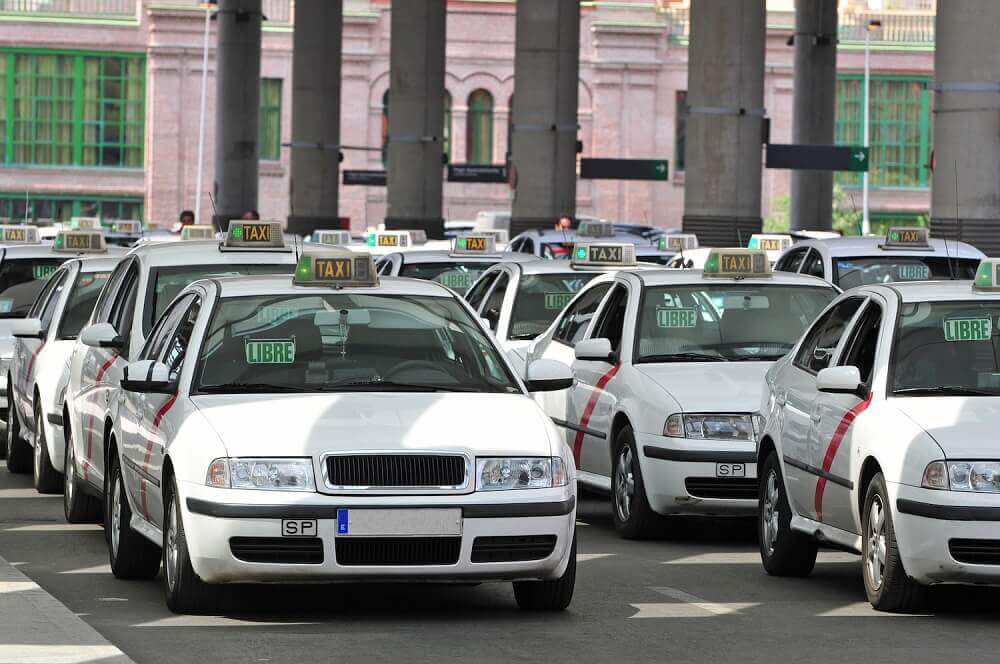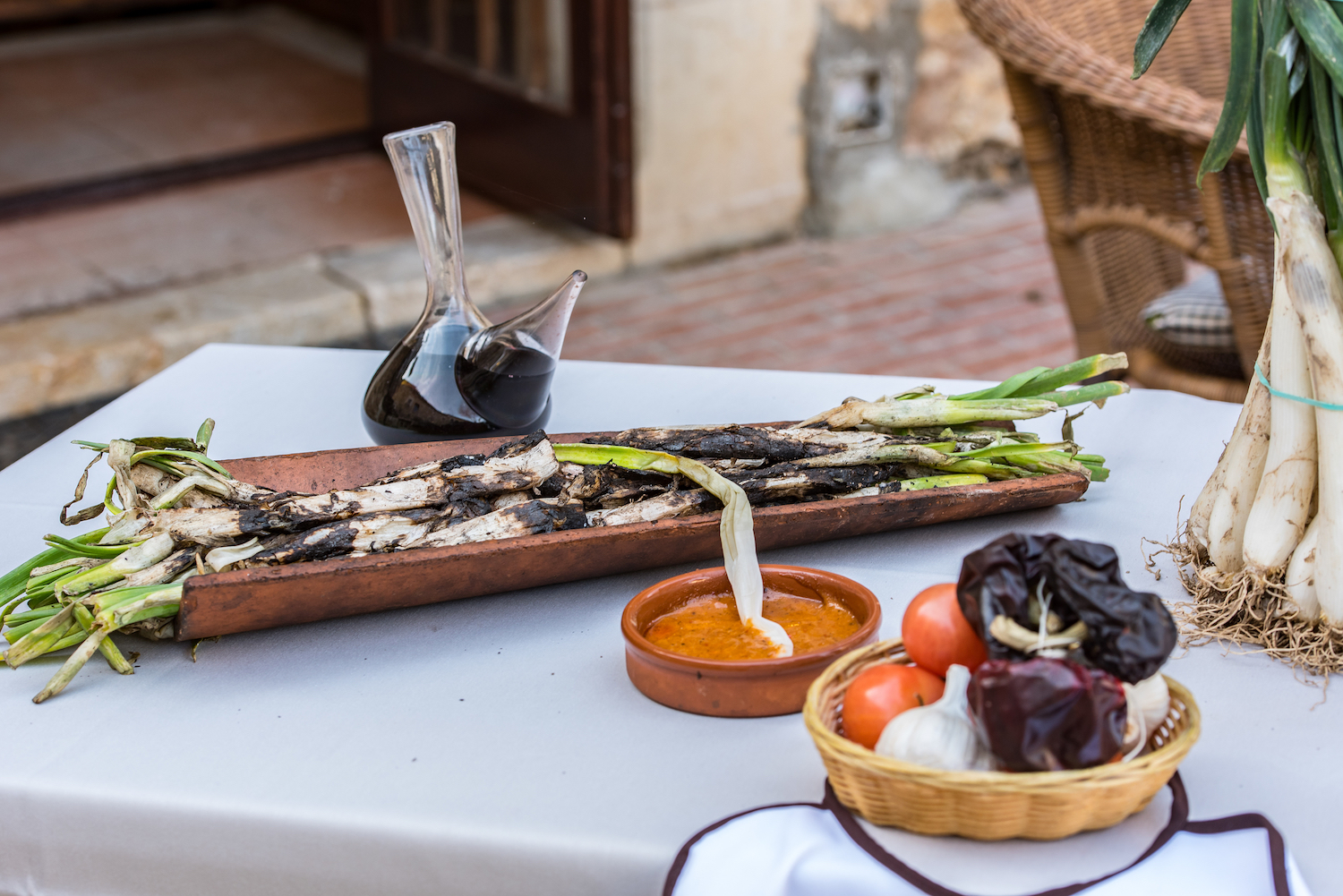How to obtain a Spain Visa
How to obtain a Spain Visa
Spain is one of the countries that you should enter only if you have visa. Citizen of the Russian Federation can get of the two visa types– Schengen or national, which in turn include several types and categories of visas.
Depending on the length of your stay in Spain, visas are divided into the categories A, В, C and D. The first two are transit visas, allowing you only to stay at the airport for changing the plane. However, they don’t give you the right to leave the territory of the airport. The visa of category С is usually issued for a short period to the tourists and the persons who arrive in Spain for a period not exceeding the period of validity of your document. The visa of category D is issued only by the Spanish Consulate and allows you to stay in the country up to six months.
Depending on the travel purposes, visas are divided into several kinds:
– tourist visa, issued to the people who visit Spain for recreational purposes;
– business visa- for the entrepreneurs and the employees of large corporations, who go on mission abroad and visit the international conferences, seminars and exhibitions;
– study visa, necessary for the right for to study at the universities and other educational establishments of Spain;
– work visa, issued to the employees and the persons who need to stay in the country for a long time for work purposes;
– visitor’s visa- for the persons who visit their relatives and friends in Spain;
– property visa – for the owners of property in Spain;
– family reunion visa – for the persons, whose relatives reside permanently in Spain.
Documents for obtaining visa
To obtain a Spain visa, citizens of the Russian Federation need to contact the consulate or embassies of the country. If this is a tourist trip, the travel agency performs visa formalities, while the tourists just need to provide all the necessary documents, which usually include:
– foreign passport, which expires at least 90 days after your return from Spain;
– copies of all pages of your foreign passport;
– copies of all pages of your ordinary passport;
– visa application in two languages – English and Spanish;
– the document confirming the payment of visa application;
– two passport-size photos;
– certificate from the place of work and/or study, for people who are neither studying nor working– an application from a person, who pays for the travel, with a confirmation of his/her payment capacity;
– bank account statements;
– copy of your health insurance, valid in the country for the time of your stay.
Children need to provide additional documents:
– birth certificate;
– certificate from the place of study;
–parents’ permission, if the child is accompanied by a non-family person, or the permission from one of the parents, if the child is accompanied by the other one.
Depending on the type of visa, you may need some other documents. Thus, to obtain business visa, you must provide:
–hotel confirmation;
–official invitation from the host country.
To obtain tourist visa, you’ll also have to provide the hotel confirmation.
The list of additional documents for obtaining visitor’s visa:
– notarized invitation from your relatives or friends, living in Spain;
– the documents confirming kinship (if you’re invited by the relative);
– copy of the inviting party’s identity document.
To obtain study visa, you have to provide:
– the document confirming the consent of the parents or guardians for the trip (if the student is a minor);
– the document confirming your place of residence in Spain for the duration of study;
– the document confirming your enrollment in the university.
Visa registration usually starts 20-30 before the date of travel.
You should note that the Spanish Embassy or Consulate may require other documents, if it suspected that the person obtaining visa is trying to emigrate to Spain.








Comments